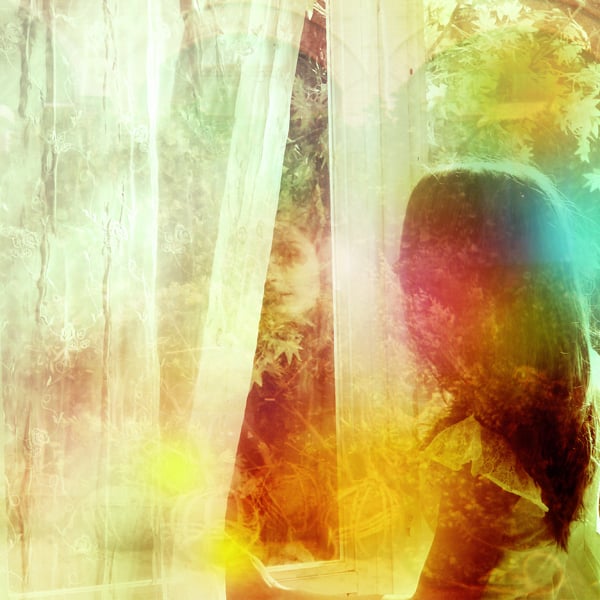The Invisible Education: Self-Awareness
Not only will your children learn the three “R’s” at home with you, but they have a unique opportunity to learn about themselves in a way not afforded to them in school.
They have the chance to become: Self-aware people.
The biggest gift I can give someone else is self-understanding:
How I tick
What causes me to “freak out”
What leaves me breathless or panicky
How I cope with pain
What I do to stir up internal motivation
What triggers my anger
How I find common ground with someone unlike myself
What I need to feel right side up with the world
How I manage to own my part in a dispute
What my feelings are inside and how to articulate them
These skills can be learned in a therapist’s office, or from reading books about the structure of the personality or the shaping of birth order, parenting, socio-economic background, the damaging effects of alcoholism or abuse in the family of origin, and so on.
But your kids have the chance to discover how to know themselves now, with a caring person leading the way and modeling how it’s done!
For instance, rather than focus on solving the crisis between two kids, one of the ways you help is to verbalize what you see happening in each child to help them get in touch with their feelings that led to the cataclysmic event (sharing a toy). You can identify feelings, identify coping strategies, identify secret thoughts to help them see that their insides are not escaping notice.
“You look really angry! I can see your scrunched up eyes.”
“Do you wish you could run to the other room to get away from Joshua?”
“I bet when you feel angry, that’s when you want to throw things. Is that why you threw the truck?”
“I saw you reach over to comfort Cassie right after you got mad. What good instincts—to try to heal the rift right away.”
“Oh no! Two kids, one toy, lots of yelling. Sounds like you both can’t think of any way to resolve this crisis without yelling. I wonder what other ways we can think of. Let’s brainstorm.”
In other words, your job isn’t to set up a schedule of toy sharing, or to decide who was right or who was wrong, or to even fix the problem. What you can do that leads to growth for your kids is to help them name the experiences, choices, strategies, and emotions they use in their crisis moments. You want them to know themselves—to begin to know how they behave when stressed so that they can be offered additional choices and strategies (rather than reacting, they can become responders—selecting from a variety of options, rather than relying on their one “go to” coping skill).
When relationships go south (bickering, misunderstanding, hurt feelings, and more), it is often because the two parties are not able to know their own blind-spots, let alone the other person’s. They camp on the hill that says, “I need you to do what I need you to do so I will feel better. Do it!”
Until each party learns how to look inward to discover what triggered the “reactive” behavior, the cycle persists. It is only through being able to separate from reaction (to not merge with the feeling or habitual coping behavior) for a moment (an instant!) that leads to new possibilities of relating.
Kids and adults who can learn to stop, notice, and choose have a much better chance of being in healthy, happy long term relationships.
And isn’t that education the most critical one of all?
Image by Kathy Zhuang (cc)


















